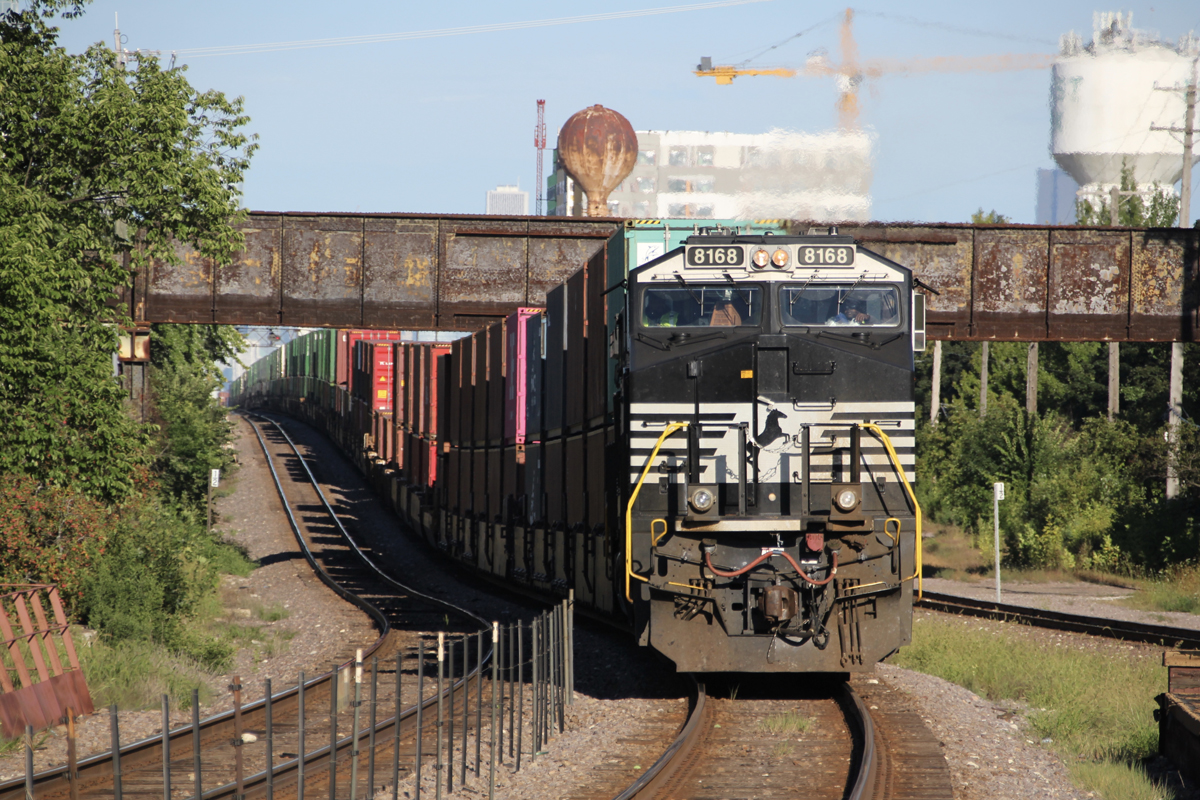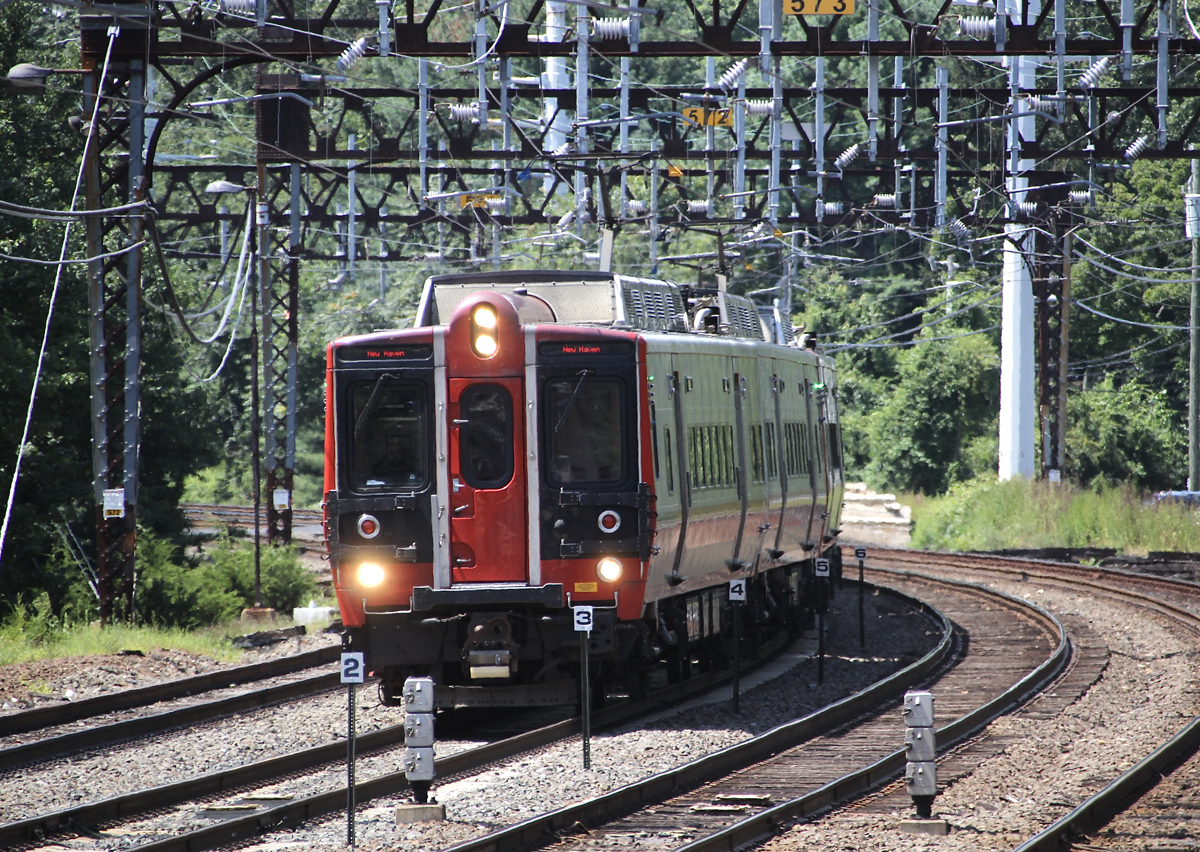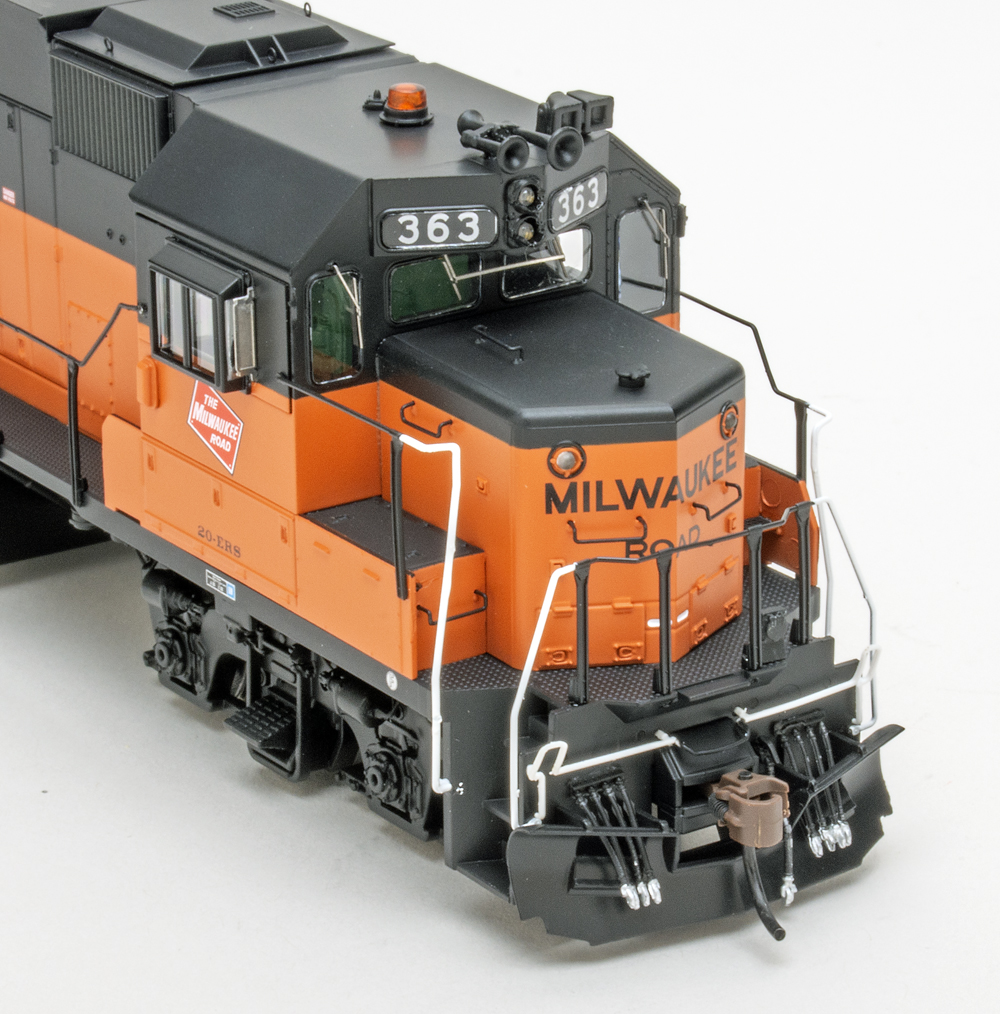 WASHINGTON — It’s back to the drawing board for Rio Grande Pacific’s plans to lease and revive Union Pacific’s long-dormant route over Tennessee Pass in Colorado.
WASHINGTON — It’s back to the drawing board for Rio Grande Pacific’s plans to lease and revive Union Pacific’s long-dormant route over Tennessee Pass in Colorado.
The Surface Transportation Board on Thursday rejected the exemption that Rio Grande Pacific sought for the transaction. Under board rules, small deals such as a lease or sale of a route from a Class I railroad to a short line are typically exempt from regulatory review, provided that they are routine, uncomplicated, and not controversial.
But the STB said that Rio Grande Pacific’s plan to have its Colorado, Midland & Pacific operate the line was not eligible for the streamlined exemption procedure due to complications that arise from local opposition, environmental concerns, and a lack of detail about proposed operations.
“The rejection … does not preclude CMPR from seeking authority to lease and operate the line through more appropriate procedures that would allow for the more comprehensive review required here,” the board said. “Given that environmental concerns have been raised about the proposal in question, any such future filing should describe in detail the proposed operations and specify the number of trains that CMPR expects to operate in the reasonably foreseeable future.”
Colorado, Midland & Pacific announced the deal with UP in December [see “Rio Grande Pacific reaches agreement with UP …,” Trains News Wire, Dec. 31, 2020]. It said then said it sought to launch commuter service to connect residential communities with workplaces in Eagle, Lake, Chafee, and Fremont counties.
The railroad also said it was interested in exploring opportunities to develop freight service on the line, and stressed that it had no intention of operating crude oil trains over the route. CM&P subsequently asked the board to restrict commodities handled over the route to only non-hazardous materials, something the board said was not possible under the exemption process.
Complicating Rio Grande Pacific’s lease efforts: Colorado Pacific, a rival railroad linked to a grain shipping company, contested the deal between UP and Rio Grande Pacific [see “Colorado Pacific files objections with STB …,” News Wire, Jan. 11, 2021].














west slope Colorado landowners and the “out-of-town” owners of palatial summer homes along this very scenic route are using their power, money, and influence to stop this r.r.
The proposed rail route into the Uintah Basin may be a factor to consider in this. Utah does not, to the best of my knowledge, have any refining capacity, so the production of Uintah Basin oil would have to go east to Denver area refineries. Wyoming has –or had–some small refineries but don’t know if that would be a factor in this. I don’t think anyone in his right mind would route an oil train over the Moffat Tunnel route. Between the grades and curves on the east side and the miles of track paralleling the Colorado River on the west side, hazmat should rule that out. Which leaves the Royal Gorge route. Not ideal but the least undesirable solution. A circuitous routing through Salt Lake and then Overland east would be cost prohibitive. One would think that there would be enough West Coast grain export traffic to justify re-opening the line. If enough traffic developed, stringing catenary over Tennessee Pass for 50 or 60 miles to to avoid the worst of the grade –and strain on diesels–would seem to make sense. Regenerative braking would capture a lot of energy. Moreover, in the event of weather or derailment outages in Wyoming or the Moffat Tunnel , a reiable alternative wouldbe ready in place. l
Those are great ideas mentioned in the above comments but UP never wanted the Tennessee Pass line (tried to abandoned the line) because of the Moffat Route and their own parallel line in Wyoming. The 3% grades and over 10,000 feet high over the pass consumes a large amount of fuel. They probably didn’t want to sell the line because they did not want a competitor to their Moffat line. I really think UP end game is to get the line abandoned because they are not going to make that much leasing it and they no longer have to pay taxes on it. Unfortunately that is why I think UP won’t follow the great suggestions made in the previous comments. Plus do you see the UP protesting this ruling by the SBT? To bad SBT didn’t flex its muscles like it has been for the past 20 years and required UP in its acquisition of SP to sell the DRG&W to BNSF.
Or, instead of leasing the line out maybe the UP should just CONTRACT with CMP to operate trains over the line, there’s nothing saying the contract couldn’t include all costs that would normally be associated with leasing the entire line out to a shortline operator. I think someone at the STB has some deep pockets they need to explain…has any member all of the sudden developed some expensive tastes?
From the SBT ruling sounds like the old ICC is back again
I like that plan, Mr. Erickson! I am sick and tired of these NIMBY types stopping rail projects. They know that when the highway builders and their state DOT enablers come calling to take their land, and sometimes their homes and/or businesses s for a new highway or widening an existing highway they have no recourse. But when the railroad comes calling, even when they won’t take property, well we can always stop them. Just ask the residents and their political enablers at East Lyme, CT and Glenview, IL
Would the UP need permission if they wanted to operate trains over Tennessee Pass again? Since the line was not abandoned but just “mothballed,” I don’t think NIMBYs and greenies would have any way to prevent it.
If the UP really wants to lease the line, maybe this would be the way to accomplish it. Just start running a minimal number of trains for some limited time, and then get approval for the lease minus NIMBY and greenie roadblocks.
So . . . if you want to delay your competitors application to the STB, then drum up some environmental opposition. I wonder if that was Colorado Pacific’s strategy?